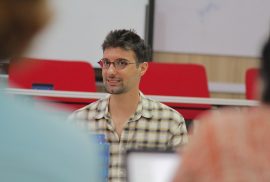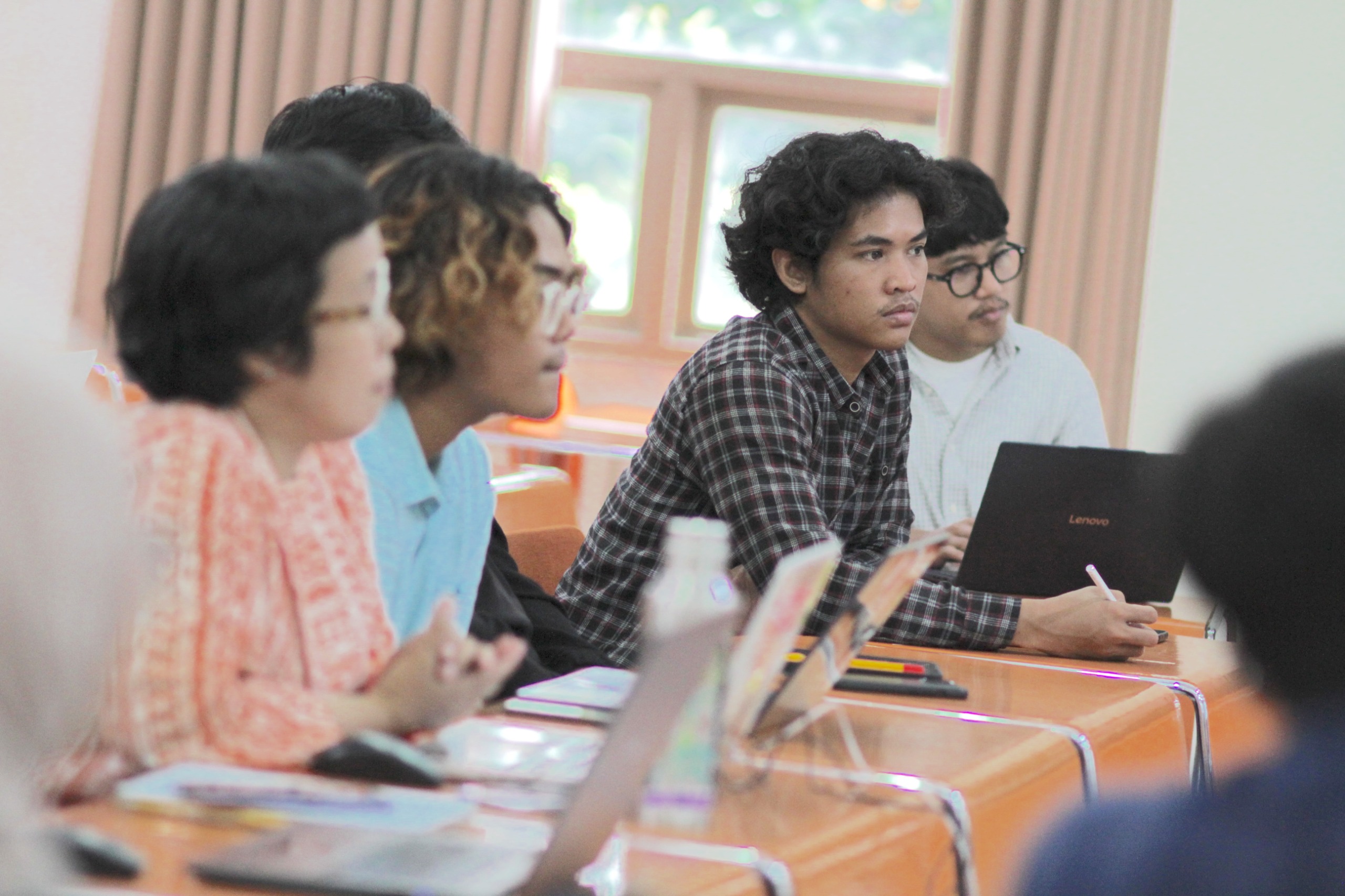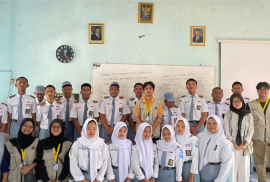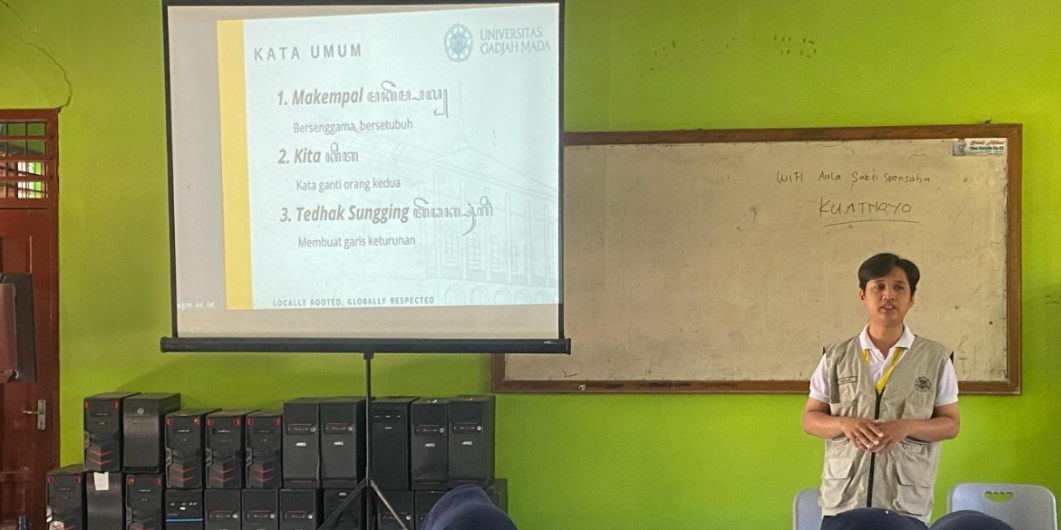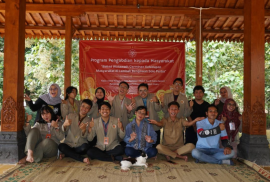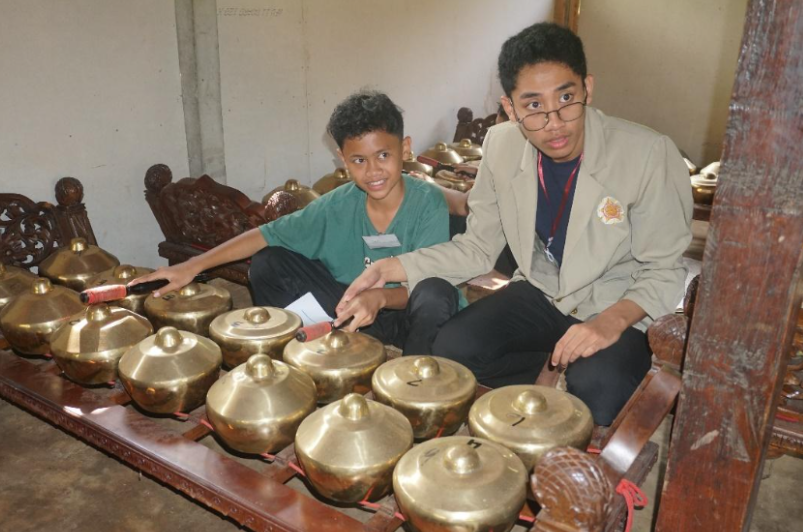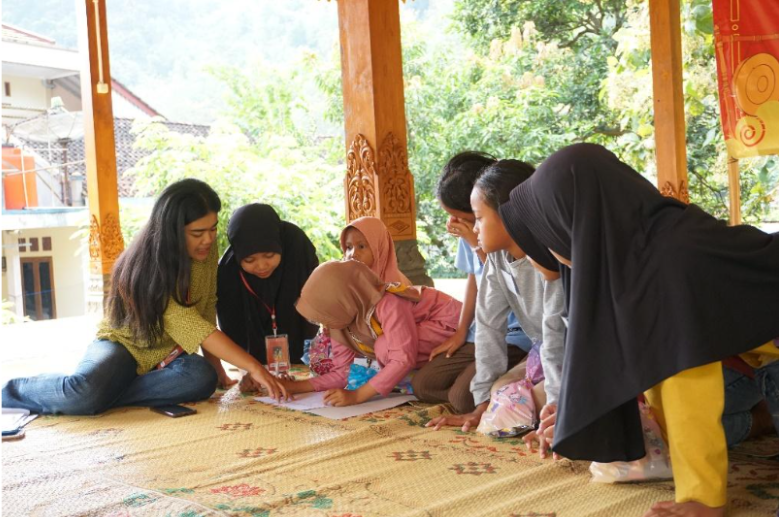Yogyakarta, 28/8/2025 – The Faculty of Cultural Sciences at Universitas Gadjah Mada (FIB UGM) hosted a thought-provoking workshop titled “Archives of Ethnographic Encounters” at the Multimedia Room, Margono Building. The event ran from 10 a.m. to 2 p.m. and featured Marco Del Gallo, a PhD candidate in Anthropology at the London School of Economics.
In this workshop, Marco shared his experience working with the personal photographic archive of the late Haswinar Arifin, an anthropology student and photographer who documented life in North Jakarta from the 1970s to the early 2000s. Through this material, Marco invited participants to reconsider the meaning of archives—not merely as collections of documents, but as living traces that hold stories, emotions, and social dynamics.
The discussion raised fundamental questions about the very definition of an archive. Are people, through the simple act of storing photographs, notes, or recordings, in fact producing historical documents for the future? If so, how should researchers engage with these materials—both their own and those created by others? This line of thought opened up a broader understanding of archives, extending beyond official documents to include photographs, sound recordings, videos, and creative writings that capture everyday experiences.
Marco also emphasized the ethical responsibility that comes with working on archives collected by others. Personal materials that enter the academic space bring their own dilemmas: how can intimacy be preserved when private archives are circulated publicly? Where do we draw the line between the researcher’s role, the rights of ownership, and the community represented in these archives? Such questions demand sensitivity to ethics, care, and fairness in collaborative ethnographic work.
Marco’s reflections stem from his doctoral research based on 26 months of fieldwork among fishing communities in North Jakarta. His work contributes to broader discussions on urbanism, capitalism, environmental transformation, collective politics, and labor. His presence at FIB UGM demonstrated how ethnographic experiences in the field can be woven into larger theoretical reflections through archival engagement.
The workshop ultimately became more than an academic gathering; it served as a reminder that archives are not static collections but living spaces of memory. They allow us to see how everyday life becomes history, and how preserving archives also means preserving collective memory for the future.

